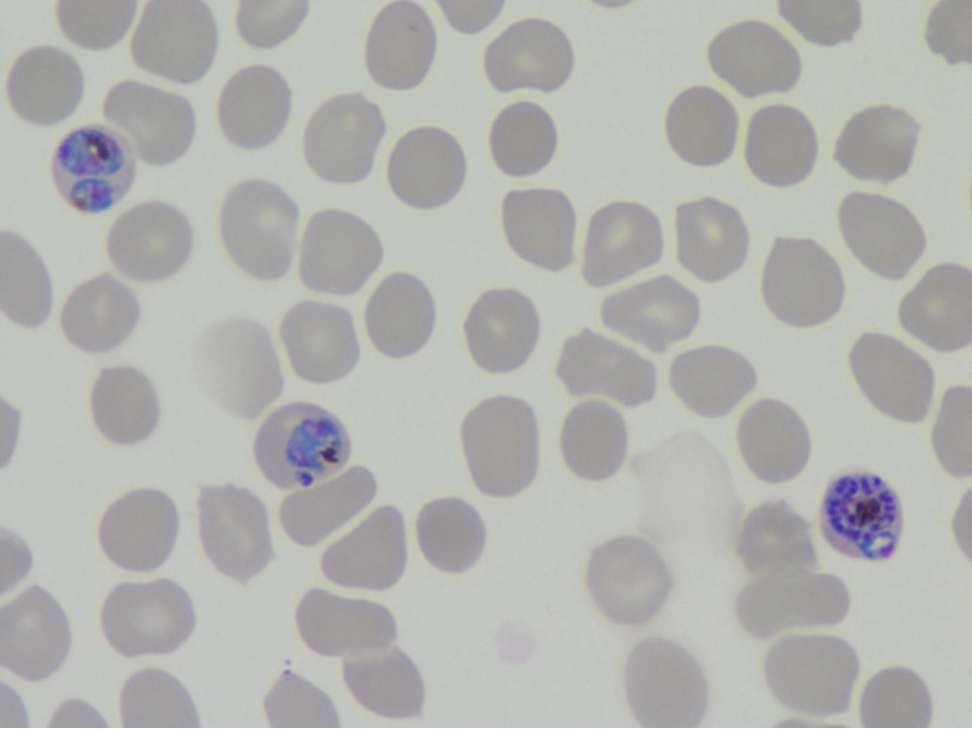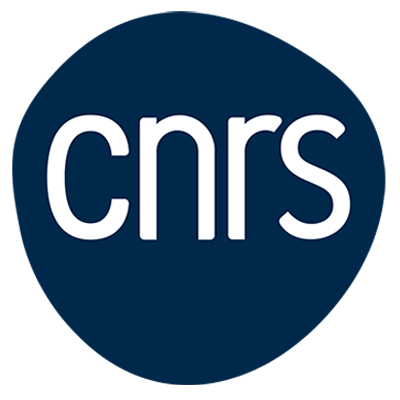IEA KIARMAL
Target the Plasmodium kinome to fight artemisinin-resistant malaria
IEA KIARMAL
2023 – 2024
francoise.benoit-vical@lcc-toulouse.fr
NEWS
Introduction
Plasmodium falciparum malaria still kills more than 600,000 people each year, the vast majority of whom are children under the age of 5. Yet, malaria mortality has decreased by 60% since 2000 thanks in part to use of artemisinin-based combination therapies. Unfortunately, Plasmodium resistance to artemisinin, associated with the loss of efficacy of the partner drugs used in combination therapies, threatens to nullify ongoing malaria control and eradication efforts. There is therefore an urgent need to develop innovative antimalarial drugs with an original mode of action. This requires the identification of original therapeutic targets required for the viability of resistant parasites. Artemisinins resistance relies on complex mechanisms involving many biochemical players. This includes kinases functioning in signaling pathways, whose role in resistance remains poorly explored.
The proposed project aims at (i) identifying parasite kinases involved in artemisinin resistance and (ii) determining if their inhibition can modify the parasite’s response to artemisinins exposure; if we show this is the case, such kinases would represent attractive novel therapeutic targets for malaria elimination.
Mission and research themes
We intend to merge our complementary expertise in artemisinin resistance (Benoit-Vical group) and in Plasmodium kinomics (Doerig group) in order to understand the link between the parasite and host cell kinomes and the resistance to artemisinins. Kinases are known to show excellent druggability; therefore, understanding artemisinin-resistant malaria kinomics may lead to the identification of original therapeutic targets.
Network activities and expected results
Thanks to fruitful exchanges between the two countries, we expect to generate preliminary results on malaria parasite kinome activity in response to artemisinin treatment These data will allow to lay the foundations for a successful collaboration between France and Australia in order to identify targets and implement a dedicated medicinal chemistry program to develop antimalarial drugs able to circumventing artemisinin resistance, in line with the dramatic epidemiological situation that is emerging, today, especially in Africa.
Institutions and laboratories involved
France
UPR8241 CNRS Laboratoire de Chimie de Coordination & ERL Inserm 1289 (Toulouse)
Australia
RMIT University, School of health and biomedical sciences (Melbourne)

Plasmodium falciparum parasites in human red blood cells (© Lucie Paloque / LCC Toulouse).
